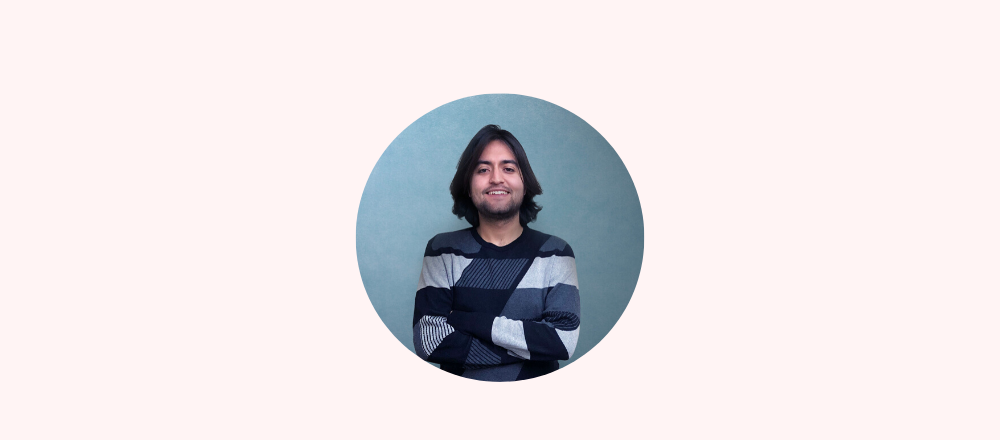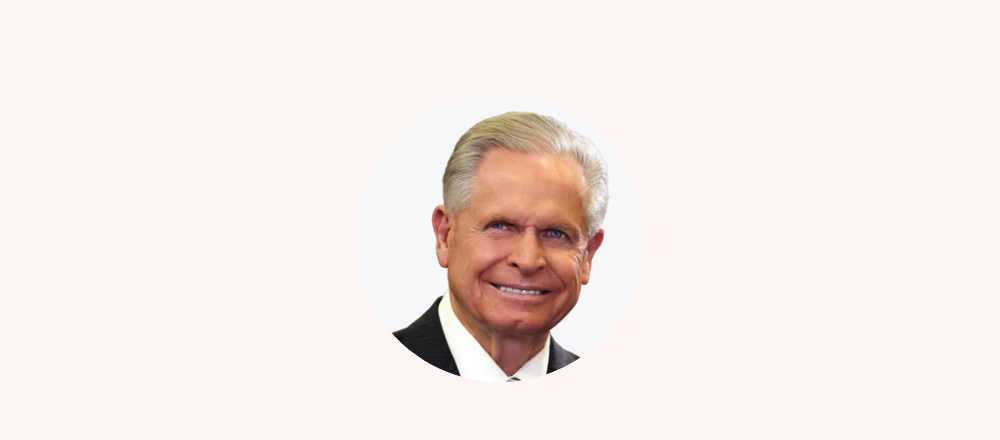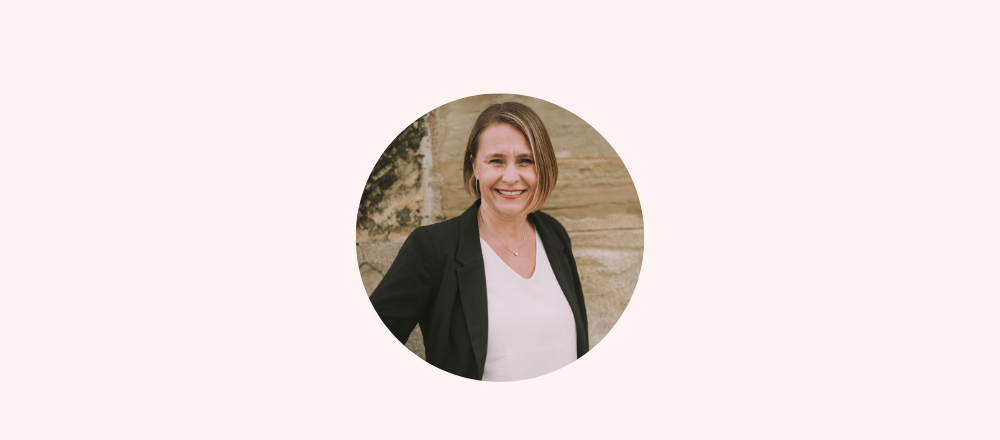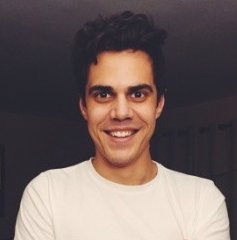After Princeton, Harvard Business School, and six years in finance, Jasmine Chen left a hedge fund to change the structure of self-development and founded Capsule.
Capsule is a science-backed self-development course to bring out your best in work and life. Created by a Harvard Business School alumnus and former hedge fund investor, Capsule guides you to grow as your own best investment.
Would our marriages be happier if we learned relationship science at 18 rather than 58? Would our careers be more fulfilling if we made purposeful, value-driven decisions from day one? If entire companies or campuses had common literacy, could we decrease misunderstandings and help friends help one another? I think so, and that’s why I created Capsule, the comprehensive self-development journey.
Jasmine Chen, Capsule
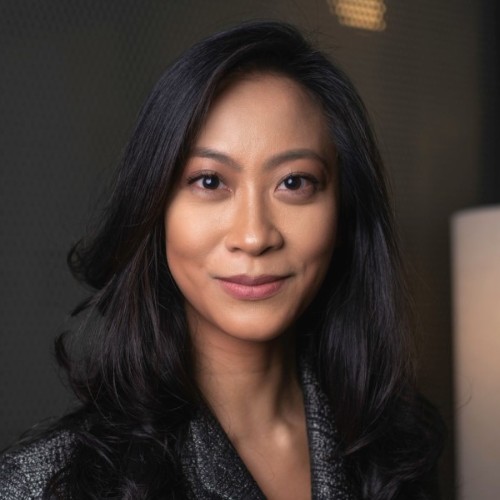
Q: What would you like to see your team accomplish in 2020?
We are rolling out to serve full campuses and corporate teams. With Capsule at Work, train your entire team efficiently for empathetic managers and solution-sellers. With Capsule on Campus, mental health starts with self-management. Give students the preventive education they need to excel in class and beyond.
Q: What were the most challenging areas in the early stages of the company’s growth?
One challenging area is maintaining focus. We received a number of inbounds from different types of potential clients: K-12 schools, engineering teams, sales teams, ops teams. We knew from testing that Capsule was effective for all age groups and demographics. But, we also knew that with limited time and bandwidth, we had to choose just a few top clients to focus on first.
Q: Who is your role model or hero?
This is probably overused, but Jeff Bezos. He left a lucrative career at a hedge fund to do a total 180. I’m seeing how difficult (and, exciting and interesting) it is now, learning thing I never had to touch in finance. He was also a solo founder, though I have so much respect for MacKenzie for all her support. It’s a drastically different lifestyle, one that can be tough to stomach from the perspective of a significant other.
Q: Do you use any specific method or system to run daily operations?
In the Capsule curriculum, we teach Agile and Kanban. I prefer Kanban and also use a Gantt chart.
Q: Why did you choose your present industry at this time?
While at the hedge fund, it seemed that every other day, I heard of another school suicide or shooting. I’d always been interested in psychology, but looking around, I realized: it wasn’t necessarily about solving mental health. Rather, many of my high-achieving peers were just as anxious or unhappy as they’d been in college. Why weren’t we taught some basic life lessons earlier? As a public policy major, I saw college as the last place we’re given any broad-based education. It seemed like the place to start turning the cycle around. Capsule, a course that encompasses all aspects of self-and-relationship-management, seemed obvious to me. No one had created it. If I chose not to, I felt I would be partially responsible.
Q: What is the best/worst moment you can remember in your career?
I was pretty down on the product, given I don’t have a design or engineering background. So, when an engineering manager demoed the product, I was terribly nervous about what he would say. Would he be trying to spare my feelings? Would he kindly point out that it wasn’t ready for prime-time? Rather, the way he immediately gushed about how deeply the product had resonated with him and how genuinely impressed he was with it, to the point of buying it and sharing it with others, gave me so much joy. It was just the vote of confidence I needed.
Q: Looking back – if you could advise a younger version of yourself to do something different – what would it be?
In Capsule, we teach the “right” way to ask for advice: to be an information junkie. When I was debating whether to leave my job, I would ask for a lot of advice. Often, I would take it personally when friends or family warned me against the most. Only after researching Capsule did I realize this was the wrong way of asking for advice because I was really only looking for external validation. Rather, I should have asked for information to develop the internal validation I needed: information about their needs, buying habits, wellness education, etc. Even today, I need to continuously remind myself not to get offended by opposing opinions. Instead, ask for more information.
